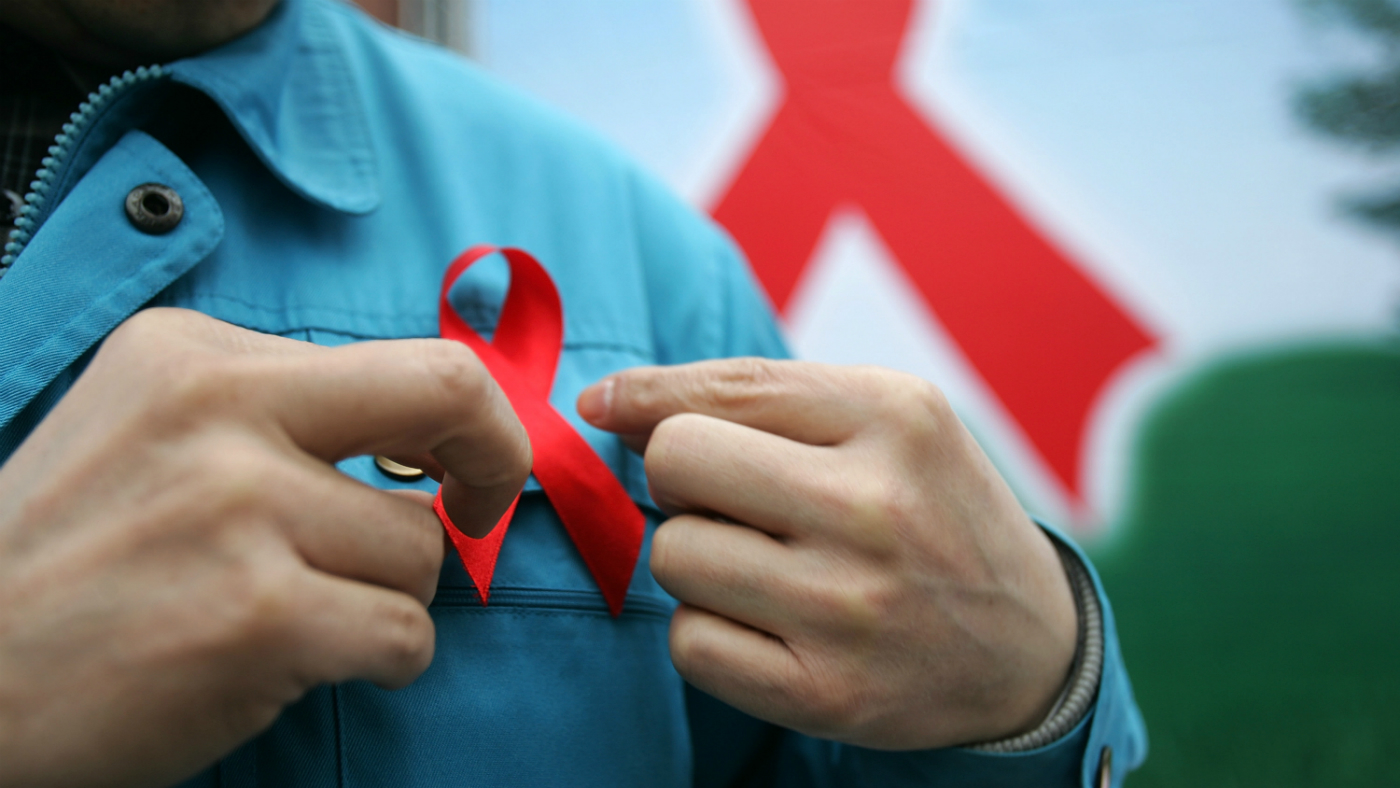New HIV drugs raise life expectancy to 'near normal'
New drug treatments mean people with virus can expect to live ten years longer than previously, says report

A free daily email with the biggest news stories of the day – and the best features from TheWeek.com
You are now subscribed
Your newsletter sign-up was successful
Life expectancy for people with HIV is now nearly normal if they take the latest medication, say scientists.
A study in The Lancet found 20-year-olds who began antiretroviral therapy in 2010 will live ten years longer than those who began using it in 1996.
Researchers at the University of Bristol examined the cases of 88,500 people from Europe and North America and based their life-expectancy predictions on death rates during the three years of follow-up after drug treatment was started,
The Week
Escape your echo chamber. Get the facts behind the news, plus analysis from multiple perspectives.

Sign up for The Week's Free Newsletters
From our morning news briefing to a weekly Good News Newsletter, get the best of The Week delivered directly to your inbox.
From our morning news briefing to a weekly Good News Newsletter, get the best of The Week delivered directly to your inbox.
They said the success of the latest drug treatments was a result of them having fewer side effects and being more efficient at preventing the virus from replicating in the body, reports the BBC.
However, charities warned that a large number of people were still unaware they have the virus. Doctors also said that starting treatment early was essential to achieve a long and healthy life.
Dr Michael Brady, medical director at HIV and Aids charity the Terrence Higgins Trust, said longer life expectancy also meant those aged over 50 now represent one in three of all those living with the virus.
But he identified a fresh issue created by this development. "As it stands, the healthcare, social care and welfare systems simply aren't ready to support the increasing numbers of people growing older with HIV," he said.
A free daily email with the biggest news stories of the day – and the best features from TheWeek.com
"A new model of care" and "a major shift in awareness and training" was needed "so that we're ready to help older people live well in later life", he added.
-
 ‘Restaurateurs have become millionaires’
‘Restaurateurs have become millionaires’Instant Opinion Opinion, comment and editorials of the day
-
 Earth is rapidly approaching a ‘hothouse’ trajectory of warming
Earth is rapidly approaching a ‘hothouse’ trajectory of warmingThe explainer It may become impossible to fix
-
 Health insurance: Premiums soar as ACA subsidies end
Health insurance: Premiums soar as ACA subsidies endFeature 1.4 million people have dropped coverage
-
 Home Office worker accused of spiking mistress’s drink with abortion drug
Home Office worker accused of spiking mistress’s drink with abortion drugSpeed Read Darren Burke had failed to convince his girlfriend to terminate pregnancy
-
 In hock to Moscow: exploring Germany’s woeful energy policy
In hock to Moscow: exploring Germany’s woeful energy policySpeed Read Don’t expect Berlin to wean itself off Russian gas any time soon
-
 Were Covid restrictions dropped too soon?
Were Covid restrictions dropped too soon?Speed Read ‘Living with Covid’ is already proving problematic – just look at the travel chaos this week
-
 Inclusive Britain: a new strategy for tackling racism in the UK
Inclusive Britain: a new strategy for tackling racism in the UKSpeed Read Government has revealed action plan setting out 74 steps that ministers will take
-
 Sandy Hook families vs. Remington: a small victory over the gunmakers
Sandy Hook families vs. Remington: a small victory over the gunmakersSpeed Read Last week the families settled a lawsuit for $73m against the manufacturer
-
 Farmers vs. walkers: the battle over ‘Britain’s green and pleasant land’
Farmers vs. walkers: the battle over ‘Britain’s green and pleasant land’Speed Read Updated Countryside Code tells farmers: ‘be nice, say hello, share the space’
-
 Motherhood: why are we putting it off?
Motherhood: why are we putting it off?Speed Read Stats show around 50% of women in England and Wales now don’t have children by 30
-
 Anti-Semitism in America: a case of double standards?
Anti-Semitism in America: a case of double standards?Speed Read Officials were strikingly reluctant to link Texas synagogue attack to anti-Semitism